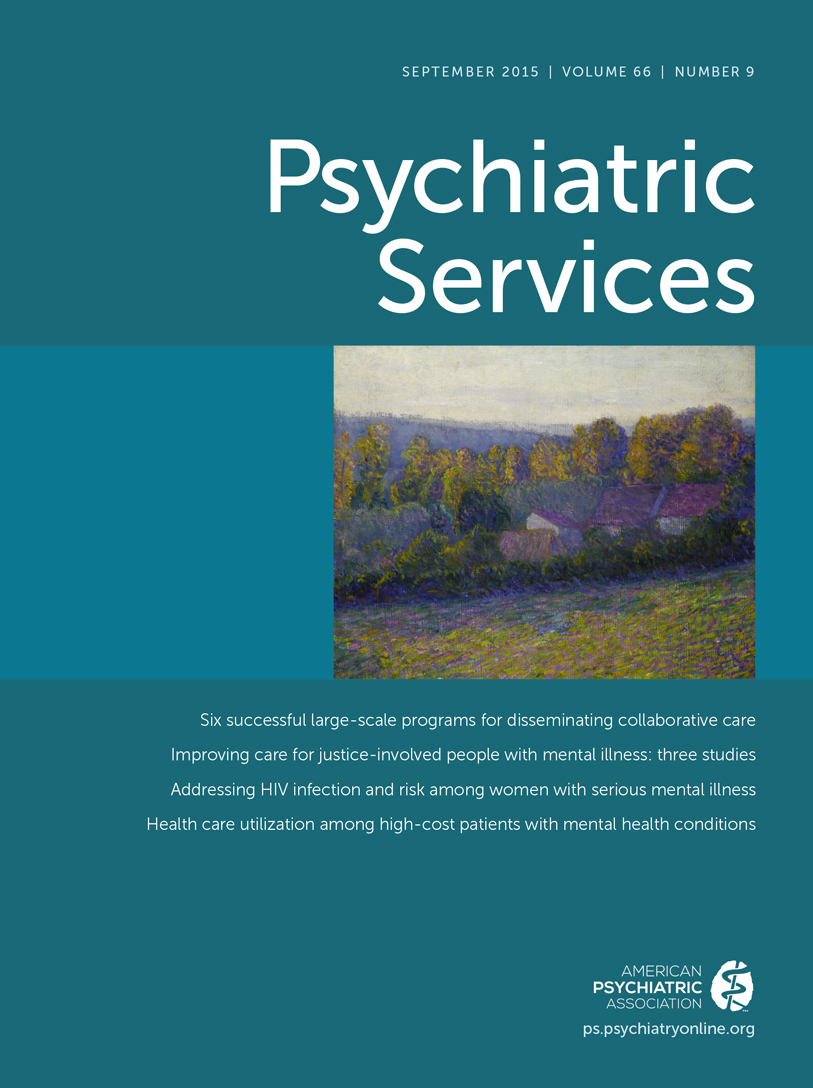Characterizing the Mental Health Care of U.S. Cambodian Refugees
Abstract
Objective: This study examined U.S. Cambodian refugees’ utilization of mental health services across provider types, levels of minimally adequate care, and mode of communication with providers.
Methods: Face-to-face household interviews about mental health service use in the past 12 months were conducted as part of a study of a probability sample of Cambodian refugees. The analytic sample was restricted to the 227 respondents who met past 12-month criteria for posttraumatic stress disorder (PTSD) or major depressive disorder or both. Analyses were weighted to account for complex sampling design effects and for attrition.
Results: Fifty-two percent of Cambodian refugees who met diagnostic criteria obtained mental health services in the past 12 months. Of those who obtained care, 75% visited a psychiatrist and 56% a general medical provider. Only 7% had obtained care from other mental health specialty providers. Virtually all respondents who had seen a psychiatrist (100%) or a general medical doctor (97%) had been prescribed a psychotropic medication. Forty-five percent had received minimally adequate care. Most relied on interpreters to communicate with providers.
Conclusions: Cambodian refugees’ rates of mental health service utilization and minimally adequate care were comparable to those of individuals in the general U.S. population. Cambodian refugees obtained care almost entirely from psychiatrists and general medical doctors, and nearly all were receiving pharmacotherapy; these findings differ from rates seen in a nationally representative sample. Given this pattern of utilization, and the persistently high levels of PTSD and depression found among Cambodian refugees, treatment improvements may require identification of creative approaches to delivering more evidence-based psychotherapy.



